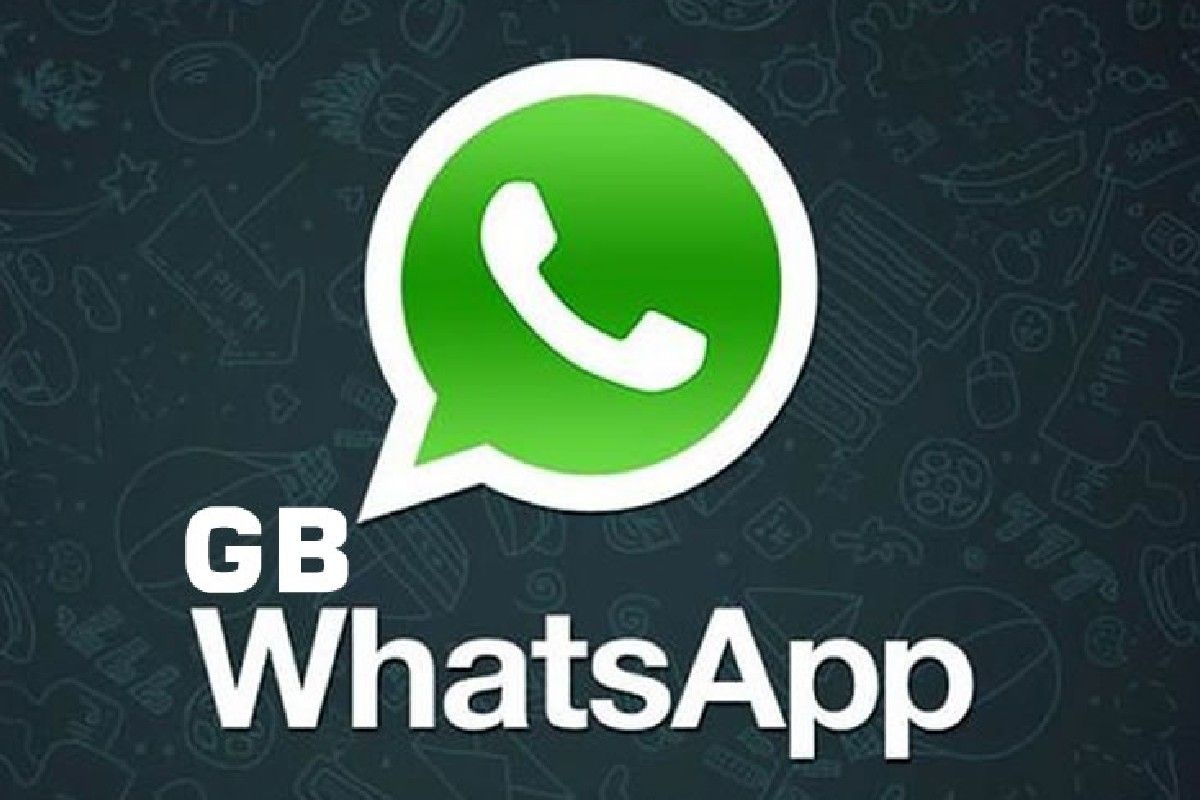In the ever-evolving landscape of messaging applications, WhatsApp has been a dominant force, connecting billions of users globally. However, the emergence of modified versions like GB WhatsApp has stirred up controversy and raised concerns about user privacy, security, and the overall integrity of the platform. This article delves into the phenomenon of GB WhatsApp, exploring its origins, features, and the subsequent consequences that have led to its rise and fall.
The Genesis of GB WhatsApp
GB WhatsApp, a modified version of the original WhatsApp, first gained attention in the early 2010s. Developed by third-party developers, whatsapp gb aimed to enhance the user experience by offering additional features not present in the official application. These features included customizable themes, increased file-sharing limits, and advanced privacy settings, making it an attractive alternative for users seeking more control over their messaging experience.
Features that Set GB WhatsApp Apart
-
Customization: GB WhatsApp allowed users to personalize their app with a variety of themes, fonts, and styles, providing a level of customization not found in the official version.
-
Enhanced Privacy Settings: Users could hide their online status, blue ticks, and even the "typing" indicator, granting them greater control over their visibility and responsiveness on the platform.
-
Extended Media Sharing Limits: GB WhatsApp permitted larger file sizes for media sharing, allowing users to send videos, images, and audio files of greater size compared to the original WhatsApp.
-
Dual Account Functionality: Perhaps one of the most notable features, GB WhatsApp enabled users to run two WhatsApp accounts on the same device, catering to those who wished to separate personal and professional communications.
The Controversy Unfolds
Despite its popularity among users seeking additional features, GB WhatsApp faced severe backlash from WhatsApp's parent company, Facebook. The primary concerns raised were related to security, data privacy, and the potential for misuse of the platform. The unofficial nature of GB WhatsApp meant that it operated without the stringent security protocols and regular updates implemented by the official app.
Consequences and the Decline
-
Banishment of Accounts: WhatsApp actively took measures to identify and ban accounts using modified versions like GB WhatsApp, citing violations of its terms of service.
-
Data Privacy Risks: Users of GB WhatsApp exposed themselves to potential security risks, as the modified app lacked the end-to-end encryption and security measures present in the official version.
-
Unreliable Updates: As a third-party application, GB WhatsApp struggled to provide consistent updates and security patches, leaving users vulnerable to emerging threats.
Conclusion
The rise and fall of GB WhatsApp serve as a cautionary tale about the risks associated with using unofficial, modified applications. While the desire for enhanced features is understandable, compromising on security and privacy is not a trade-off worth making. As technology evolves, users must remain vigilant, opting for official applications that prioritize their safety and data integrity. As the digital landscape continues to evolve, it is crucial for users to stay informed and make choices that prioritize their online security and privacy.


No comments yet